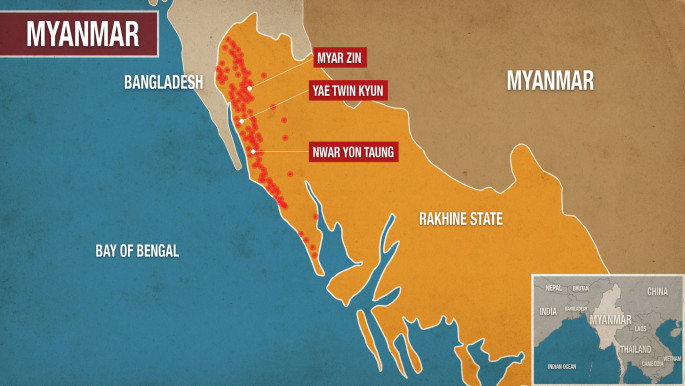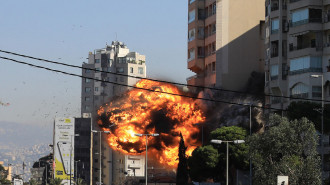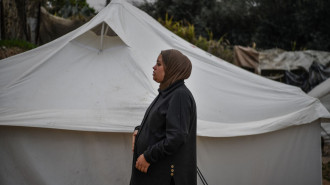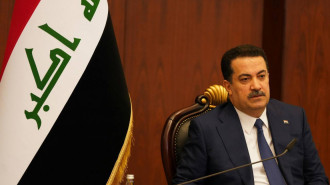Pope Francis sidesteps Rohingya crisis in Myanmar address
Sharing a stage with Myanmar's leader Aung San Suu Kyi in the capital Naypyidaw, he did not address the Rohingya crisis head-on, instead tip-toeing around the unfolding humanitarian emergency.
Peace can only be achieved through "justice and a respect for human rights", he said in a broadly-framed speech that also called for "respect for each ethnic group and its identity".
The word "Rohingya", an incendiary term in a mainly Buddhist country where the Muslim minority are denied citizenship and branded illegal "Bengali" immigrants, was entirely absent from his speech.
Francis has repeatedly defended the group, some 620,000 of whom have fled to Bangladesh since August.
Rights groups had urged him to tackle Myanmar on its treatment of the minority during his four-day visit.
 |
The word 'Rohingya', an incendiary term in a mainly Buddhist country where the Muslim minority are denied citizenship and branded illegal 'Bengali' immigrants, was entirely absent from his speech |  |
Twitter Post
|
Suu Kyi, a Nobel Peace Prize winner, has been ostracised by a global rights community that once adored her but is now outraged at her tepid response to the plight of the Rohingya.
She spoke of the challenges her country faces as it creeps out of the shadow of five decades of military rule, but also did not reference the Rohingya.
Myanmar's government aimed to build the nation by "protecting rights, fostering tolerance, ensuring security for all", she said in a short speech, that gave a nod to global concern over the "situation in the Rakhine."
The pope's peace mission is studded with pitfalls in Myanmar, where a monk-led Buddhist nationalist movement has fostered widespread loathing for the Rohingya.
General Min Aung Hlaing has firmly denied allegations of widespread brutality by his forces, despite the flight to Bangladesh since late August of 620,000 Rohingya who have recounted widespread cases of rape, murder and arson.
His office said he told the pope there was "no discrimination" in Myanmar, and praised his military for maintaining "the peace and stability of the country".
The pope has repeatedly spoken out from afar about the crisis, standing up for what he has called his Rohingya "brothers and sisters".
Early Tuesday, day two of his four-day visit, the pontiff met leaders from Buddhist, Muslim, Baptist and Jewish faiths in Yangon.
The conversation centred around themes of unity in diversity, with the pope sharing a prayer and giving a "very, very beautiful speech", according to Sammy Samuels, a representative from the small Jewish community.
Myanmar's leader Aung San Suu Kyi, or The Lady as she is fondly known in Myanmar, finally came to power after elections in 2015 but has fallen from grace internationally for not doing more to stand up to the army in defence of the Rohingya – whose name she will not publicly utter.
Late on Monday the Myanmar leader was stripped of the honorific freedom of Oxford, the British city where she studied and raised her children, over her "inaction" in the Rohingya crisis.
"When Aung San Suu Kyi was given the Freedom of the City in 1997 it was because she reflected Oxford's values of tolerance and internationalism," the city council said.
"Today we have taken the unprecedented step of stripping her of the city's highest honour because of her inaction in the face of the oppression of the minority Rohingya population".
"Our reputation is tarnished by honouring those who turn a blind eye to violence."
 |
|
| Over 214 Rohingya villages have been destroyed by Myanmar's military in Rakhine State |






 Follow the Middle East's top stories in English at The New Arab on Google News
Follow the Middle East's top stories in English at The New Arab on Google News


